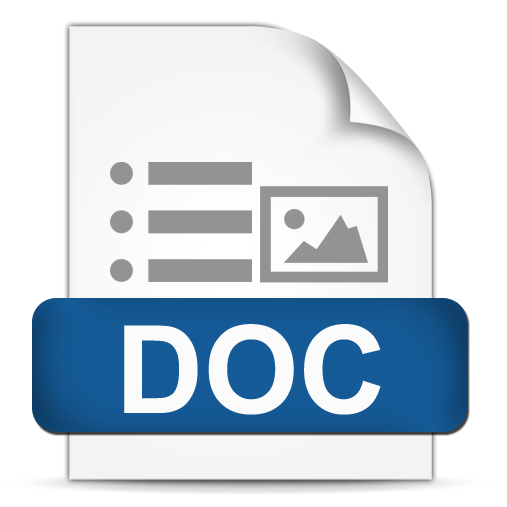SIMULASI PENGATURAN KECEPATAN MOTOR INDUKSI 3 PHASA DENGAN DIRECT TORQUE CONTROL MENGGUNAKAN MATLAB
DOI:
https://doi.org/10.26623/elektrika.v9i1.1109Keywords:
Induction motor, Direct Torque Control, MatlabAbstract
Induction motors are widely used in the industrial world because they have many advantages, including construction that is very simple and strong, cheap, has high efficiency, quite good power factor, and maintenance is easier. Besides the advantages of induction motors also have weaknesses, one of the disadvantages of an induction motor is not being able to maintain its speed constantly if there is a change in load. If there is a change in load, the speed of the induction motor will decrease. One method of regulating the speed of an induction motor developed in addition to vector control is the Direct Torque Control (DTC) method. The DTC control technique allows direct and separate flux and torque settings and can be done without using a speed sensor. The estimated rotor rotation, torque and flux is carried out by the DTC which is inputted with stator voltage and current. To achieve the desired flux and torque estimation is used as feedback on the control system. In this final assignment, the speed regulation of the induction motor will be simulated using the DTC method using Matlab. The results obtained through the simulation show the length of time to reach the reference speed for speeds of 500rpm and 1000 rpm is around 0.5 seconds. Keywords : Induction motor, Direct Torque Control, Matlab.Downloads
References
ABB Technical Guide Direct Torque Control . Rev C 6.6.2001. D.Casadei,G.Serra,A.Tani,and L.Zarri, Assessment of Direct Torque Control for Induction Motor Drives , Buletin of
the Polish Academy of Science Tech.Sciences,vol.54.No.3,2006. Dharmaprakash R, Joseph Henry, Switching Table Based 2 Level Inverter and 3 Level Diode Clamped Inverter ,University Hyedrabad,India,Vol.60 No.2.2014. Eugene C.Lister,Ir. Drs.Hanapi Gunawan, Mesin dan Rangkaian Listrik ,Penerbit Erlangga,1997. Inc. ReferenceFrame Conversions . Analog Device 2002. Kadjoudj Mohamed, Noureddine Golea, Med Hachemi, Voltage Switching Tables for Direct Torque Control of PMSM Drive .U.P.B.Sci.Bull,Series C,vol.69,No.3.2007. M.N.Cirstea,A.Dinu,J.G.Khor,M.Mc Cormick, Neural and Fuzzy Logic Control of Drives and Power System .Newnes,2002. Prasad V.H, 2 Space Vektor Modulation for Three Leg Voltage Source Inverters ,1997. R.J. Lee,P.Pillay,R.G. Harley, DQ Reference Frames for the Simulation of Induction Motors .Elseiver Sequoia,1984. Toufouti Riad, Salima Meziane, Hocine Benalla, Direct Torque Control Strategy of Induction Motors , Acta Electrotechnica et Informatica No.1,Vol7,2007. Wahab Abdul H.F dan Sanusi H, Simulink Model of Direct Torque Control of Induction Machine , American Journal of Applied Science,2008. Zuhal,Zhanggischan. Prinsip Dasar Elektroteknik , Penerbit Gramedia Pustaka Mas,2004
Downloads
Published
Issue
Section
License
Authors who publish this journal agree to the following terms:
The author owns the copyright and grants the journal the first publication rights with the work simultaneously licensed under the Creative Commons Attribution 4.0 International License which allows others to share the work with recognition of the authorship of the work and initial publication in the journal.
Authors may enter into separate additional contractual agreements for non-exclusive distribution of the published journal version of the work (e.g., posting it to an institutional repository or publishing it in a book), in recognition of its initial publication in this journal.
Authors are allowed and encouraged to post their work online (e.g., in institutional repositories or on their websites) before and during the submission process, as it can lead to productive exchanges, as well as earlier and larger citations of published works (See The Effects of Open Access).

This work is licensed under the Creative Commons Attribution 4.0 International License.











